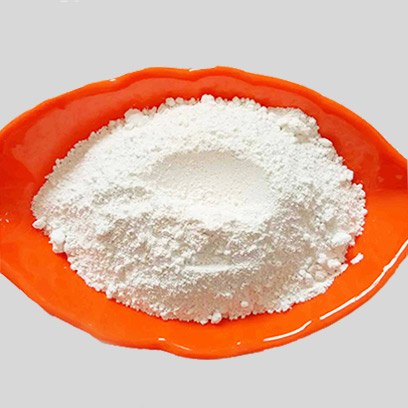
Ago . 09, 2024 16:35 Back to list
Exploring the Production Processes and Applications of Titanium Dioxide Powder in Modern Industries
The Role of Titanium Dioxide Powder Factories in the Modern Industry
Titanium dioxide powder, commonly known for its brightness and high refractive index, plays a pivotal role across various industries, including paint, coatings, plastics, paper, and cosmetics. The demand for titanium dioxide has surged in recent years, making titanium dioxide powder factories essential components of the global manufacturing ecosystem.
The Production Process
The production of titanium dioxide powder typically involves two main methods the sulfate process and the chlorine process. The sulfate process is more traditional and involves treating titanium ore with sulfuric acid. This method is known for producing titanium dioxide with a finer particle size, which is particularly useful for applications that require high opacity and consistent quality.
On the other hand, the chloride process is a more modern technique that yields a higher quality product with fewer impurities. In this method, titanium tetrachloride is produced from titanium ore and then oxidized to form titanium dioxide. Although the chloride process has higher initial costs, it is more environmentally friendly and produces a finer, more durable particle suitable for various applications, particularly in the high-performance coatings and plastics industries.
Environmental Considerations
Titanium dioxide production, while essential, poses certain environmental challenges. The processes involved can generate waste and emissions that need careful management. Modern titanium dioxide powder factories are increasingly adopting sustainable practices to minimize their environmental footprint. This includes investing in technologies that reduce harmful emissions, recycling waste products, and ensuring compliance with environmental regulations.
Moreover, many companies are exploring alternative raw materials and processes that are less harmful to the environment. The shift towards green chemistry in the production of titanium dioxide not only helps protect the planet but also meets the growing consumer demand for environmentally friendly products.
titanium dioxide powder factories

Market Trends and Applications
The applications of titanium dioxide are vast and diverse. In the paint and coatings industry, it is prized for its ability to provide excellent coverage and enhance durability. In the plastics sector, it ensures the materials are opaque and resistant to UV degradation. The cosmetics industry also relies on titanium dioxide for its whitening properties and as a sunscreen agent due to its ability to scatter UV light.
Recent market trends indicate a robust growth trajectory for titanium dioxide powders, driven by increasing end-user demand in emerging economies. The construction and automotive industries, in particular, have seen substantial investments, leading to heightened demand for high-quality titanium dioxide products. Furthermore, innovations in nanotechnology are opening new avenues for titanium dioxide applications, particularly in electronics and solar energy.
Challenges and Future Prospects
While titanium dioxide powder factories contribute significantly to various industries, they also face challenges such as fluctuating raw material prices, trade regulations, and the need for continuous innovation to meet ever-evolving industry standards. To remain competitive, factories must invest in research and development, explore new markets, and focus on enhancing product performance.
As society becomes more environmentally conscious, the future of titanium dioxide powder manufacturing will likely lean towards sustainability. Factories that prioritize eco-friendly practices and develop innovative production techniques will not only contribute to a greener planet but also gain a competitive edge in the global market.
In summary, titanium dioxide powder factories are critical players in the industrial landscape, providing essential materials for a variety of applications. By embracing sustainable practices and technological advancements, these factories can navigate the challenges ahead and continue to thrive in an ever-evolving marketplace.
-
China Lithopone in China Supplier – High Quality Lithopone ZnS 30% Powder for Wholesale
NewsJun.10,2025
-
Top China Titanium Dioxide Company – Premium TiO2 Powder Supplier & Manufacturer
NewsJun.10,2025
-
Fast Shipping 99% Pure TiO2 Powder CAS 13463-67-7 Bulk Wholesale
NewsJun.10,2025
-
Top China Titanium Dioxide Manufacturers High-Purity R996 & Anatase
NewsJun.10,2025
-
Lithopone MSDS Factories - Production & Quotes
NewsJun.10,2025
-
High-Quality Titanium Dioxide in Water Suppliers - China Expertise 60
NewsJun.09,2025
